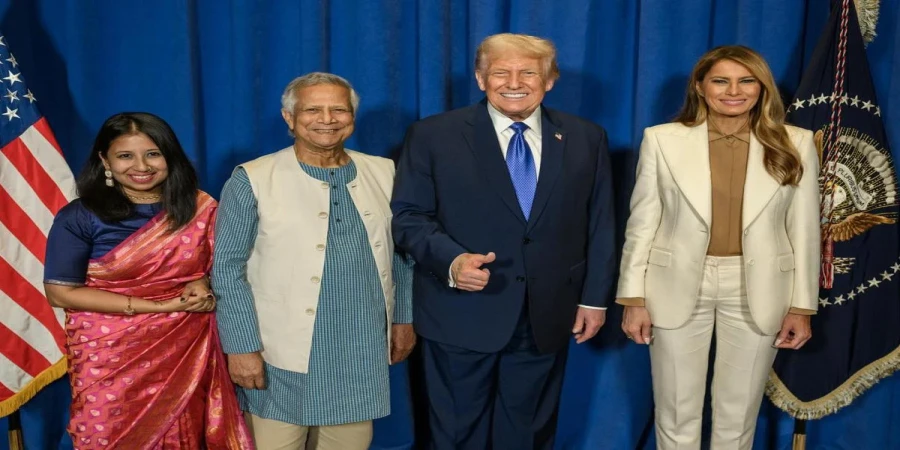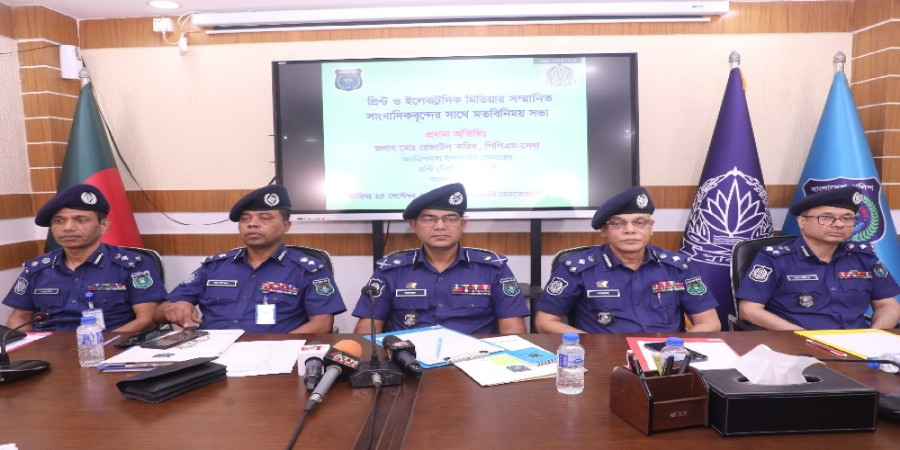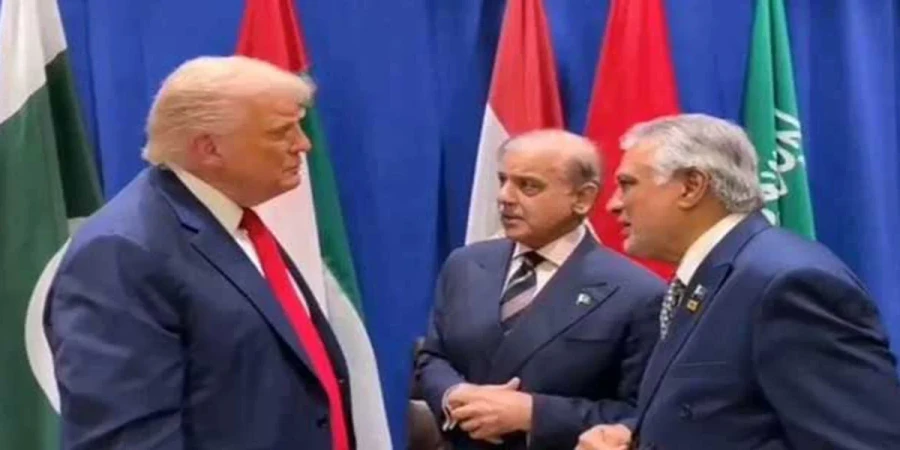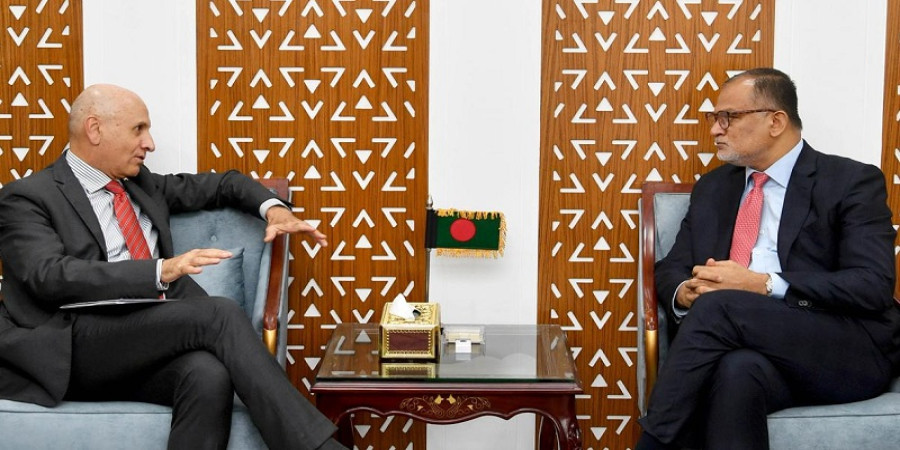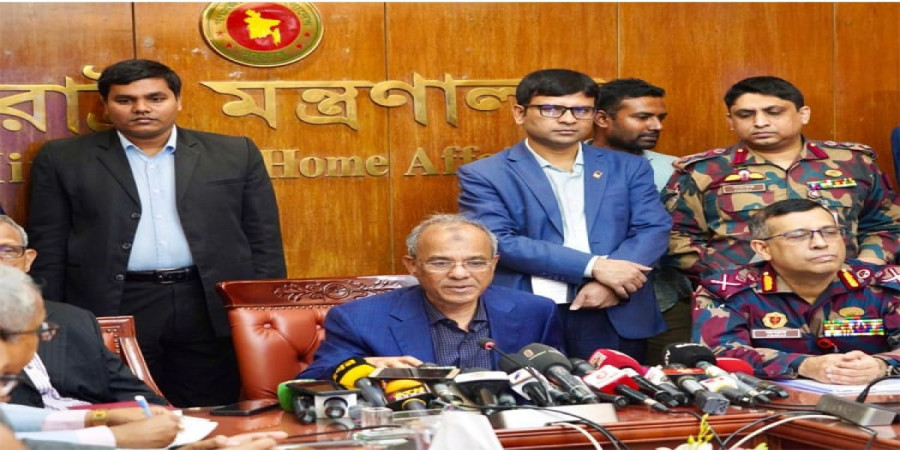
ছবি: Photo: Collected
Dhaka, January 29 – The upcoming director general-level conference between the Border Guard Bangladesh (BGB) and the Indian Border Security Force (BSF) will focus on border killings, security concerns, and bilateral agreements, according to Home Affairs Adviser Lieutenant General (Retd.) Md. Jahangir Alam Chowdhury. The four-day conference will take place in New Delhi from February 17 to 20.
Speaking at a press briefing at the Ministry of Home Affairs, the adviser stated that discussions will include past unequal agreements between Bangladesh and India, particularly those signed during the Awami League government. He specifically highlighted the 2011 agreement regarding the Tin Bigha and Dahagram corridors, which he described as unfavorable to Bangladesh. He also mentioned the Indo-Bangladesh railway connection between Mahisashan (India) and Kulaura (Bangladesh), noting that the Kulaura station is located three kilometers inside Bangladesh's border. He emphasized that Bangladesh would not allow Indian authorities to operate within this area and proposed establishing a customs and immigration checkpoint closer to the border.
Another major issue to be discussed is drug production and trafficking in border areas. The adviser claimed that India produces phensedyl under the guise of medicine, while in reality, it is manufactured as a narcotic substance. He stressed the need for stricter controls on drug trafficking.
Additionally, the conference will address the obligation of both countries to seek mutual consent for any development projects within 150 yards of the zero line. He noted that India often attempts to carry out such projects unilaterally, but Bangladesh will insist on compliance with the agreement. The construction of religious structures such as mosques or temples near the border will also require bilateral approval moving forward.
One of the most pressing topics will be the issue of border killings. The adviser stated that discussions will focus on stopping the BSF and Indian citizens from shooting at or harming unarmed Bangladeshis near the border. The detention and abduction of Bangladeshi nationals by BSF or Indian citizens will also be addressed, along with measures to curb illegal border crossings and trespassing.
The adviser highlighted the importance of controlling the smuggling of drugs, weapons, ammunition, and explosives from India into Bangladesh. Specific attention will be given to the illegal inflow of yaba and phensedyl. Additionally, environmental concerns will be on the agenda, particularly the issue of wastewater from Agartala flowing into Bangladeshi areas through four canals. The establishment of water treatment facilities on these canals will be proposed.
Water resource management will also be a key discussion point, including the equitable distribution of water from transboundary rivers, the implementation of existing water-sharing agreements, and the reopening of the Rahimpur canal outlet. The issue of border demarcation in disputed areas like Muhurir Char and the installation of border pillars to clearly define territorial limits will also be raised.
The conference will further address misinformation being spread by Indian media and social platforms about Bangladesh's internal situation. The adviser emphasized that Bangladesh will push for measures to prevent the dissemination of false or misleading reports.
The meeting will also focus on strengthening border management and resolving border-related disputes through an effective, coordinated border management plan. Both sides will explore initiatives to enhance mutual trust and cooperation between the two border forces.
Representatives from the Ministry of Foreign Affairs, the Ministry of Home Affairs, the Bangladesh Survey Department, the Directorate of Land Records and Surveys, and the Joint Rivers Commission will join the BGB delegation at the conference.
repoter



